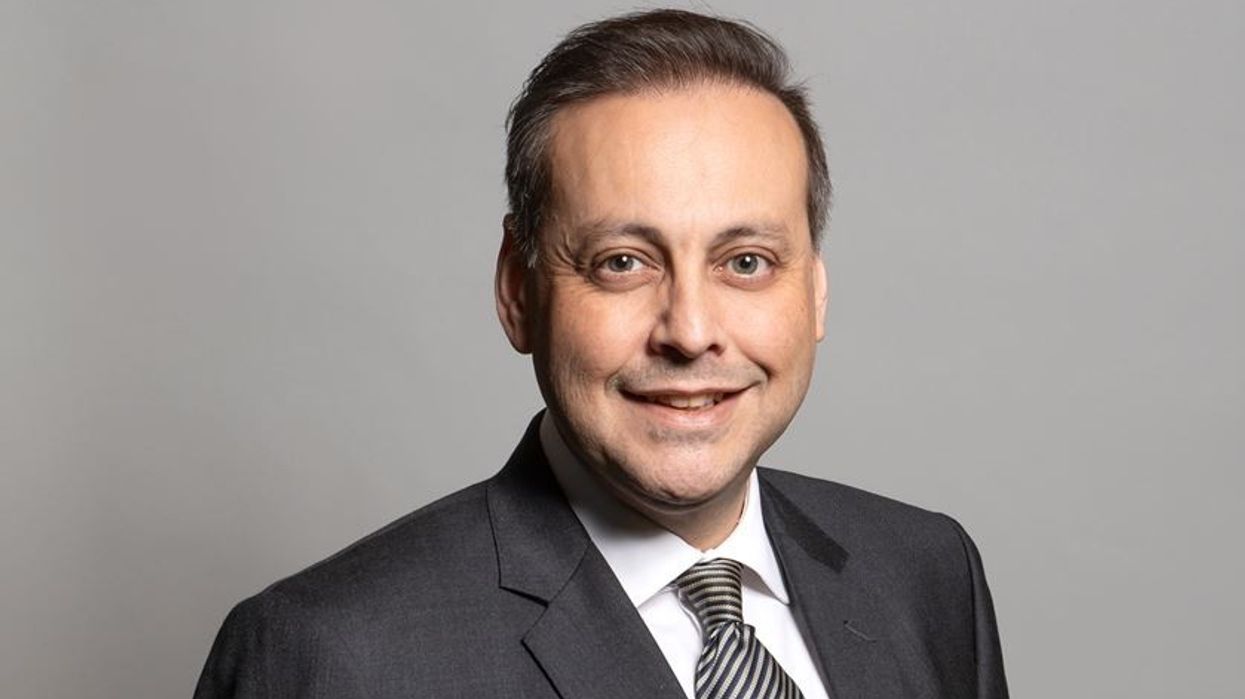Jailed former Conservative parliamentarian Imran Ahmad Khan has challenged his conviction in a case over groping a 15-year-old boy at the Court of Appeal.
Khan, 49, was found guilty of sexually assaulting the teenager after a party 14 years ago and given a 18-month jail sentence at Southwark Crown Court in May.
The victim came forward days after the politician won his seat in Wakefield in West Yorkshire in the 2019 general election. Despite maintaining that he was innocent, Khan was expelled from the party and he resigned which saw a by-election in the constituency. The seat was later won by Labour's Simon Lightwood.
The former MP's case was set to be heard by three senior judges at the Court of Appeal on Tuesday (15).
In May, Justice Baker had said while passing the sentence, "The only regret you feel is towards yourself for having found yourself in the predicament you face as a result of your actions some 14 years ago.
"Although it may well be over the years you had let yourself believe you had got away with having committed this offence, I am sure you were aware from the outset there was a risk there would be a day of reckoning."
According to the judge, Khan had shown a "significant degree of brutality" before the assault as he dragged the boy upstairs and threw him onto a bed.
The court also heard how Khan had forced the victim to consume gin and tonic and asked him to watch pornography before the attack that took place at a house in Staffordshire after the party in January 2008.
The teenager, whose identity could not be revealed, said he was "scared, vulnerable, numb, shocked and surprised" after Khan, then in his mid-30s, touched his feet and legs and came within "a hair’s breadth" of his private parts.
The court also heard that the victim was "inconsolable" when he rushed to his parents after the attack.
Although a police report was made at the time, no action was taken since the boy was not ready to make a formal complaint. But he told jurors that "it all came flooding back" when he came to know that Khan was contesting the general election, a report said.
He also said that he was not "taken very seriously" when he brought the allegation before the Tory press office days before Khan won from Wakefield and went to the police.
Khan, a gay, said he had only touched the Catholic boy's elbow when he "became extremely upset" following a conversation over his confused sexuality.
He added that he was trying to be "kind" and "helpful" but the boy became upset and "bolted" when the issue of pornography came up.
The former MP was found guilty of a single count of sexual assault after deliberations by a jury that went on for around five hours.
Khan's legal representative Gudrun Young KC told the court in May that the former parliamentarian had been "completely teetotal and celibate" for many years, and has "become somewhat of a recluse", living with and caring for his elderly mother.
She said since his election to the parliament, Khan's life has been in "freefall", adding, "At every stage of this process, the investigation, charge, trial, everything he has worked for and achieved in his life has been gradually stripped away from him, ending in this conviction."
She also added that Khan had gone from “high public office” to being “utterly and completely disgraced with his life and career in ruins, shamed and humiliated at every turn”.
"To say his reputation is in tatters does not do the matter justice. It has been completely destroyed," she said.
"Mr Khan’s fall from grace has been spectacular. He will always be known as a disgraced former MP and he will take that to his grave."




